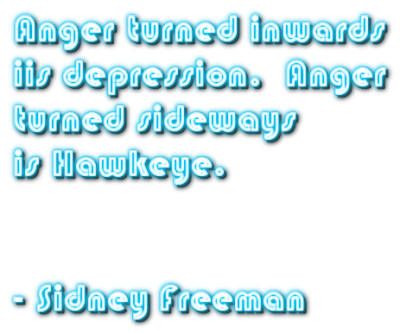What got me to think about all this was the movie Contagion. It depicted a deadly pandemic originating out of Hong Kong. By the end of the movie, we are told that it would infect 12% of the world with a 20-30% fatality rate before a vaccine would be widely distributed. In other words, deadly on a scale worse than WW2. The movie opens up with Gweneth Paltrow's character exhibiting a rough cough. She was on her way home from Hong Kong. A few days later in dramatic fashion, she literally dies before her husband's eyes. Her son--his stepston--dies also passes on from the deadly virus shortly thereafter. This was just the opening sequence. As we see during the movie, people are dying left and right. This leads to chaos erupting--stores, pharmacies, banks, ect. are looted, mobs forming, fighting breaking out for limited supplies, states totally shutting down their borders and the government hiding out from the virus. While, this is happening, her surviving spouse--played by Matt Damon--and his daughter are navigating their way through survival. He's immune, but his daughter may not be. So, it is his responsibility to protect his daughter's health and survival. That means her and her boyfriend can see each other until there is a vaccine as he could theoretically pass it on to her.
By the end of the movie, the vaccine had been developed and slowly being distributed. Shortly after they receive the vaccine, Matt Damon's character relents and lets his daughter and her boyfriend get together at his (Damon's) place. It is prom season and the we see that the family room is decorated for the occasion. The young couple is in their prom finest. In any case, before the boyfriend arrives, Damon's character notices on his camera pictures of his late wife and finally breaks down. The movie closes out to the young couple dancing in the family hauntingly to All I Want Is You by U2. It was the perfect close.
Literally society and they in particular were impacted by the pandemic and their world was changed forever. They lost loved ones close to them and a cross section of the population was gone forever. There is no telling what all they lost during the pandemic:
- Part of their family and likely friends.
- Freedoms
- Relative sense of invincibility.
- Everyday things we take for granted.
- Loss of the life they knew it.
The time before the vaccine was hard and they lost a lot. However, the remaining family--the dad and the daughter and the daughter and her boyfriend--had not lost each other. It was a bittersweet time, but hey had kept their dignity, sense of right and wrong and most importantly kept each other.
--
Anyone who has experienced tremendous upheaval in their life, realizes that eventually that they following can be survived or replaced:
- Job loss
- Friend loss
- Pat of your income.
- Much of your material belongings
- Bankruptcy.
- Loss of part of the family
What ultimately matters is that we find ourselves left with ones who love and value us and that we keep our faith throughout it all. They likely lost a lot, even part of their immediate family, but they hung in there and didn't lose each other. I've heard that people are a social creature. We aren't meant to be alone and unloved. Heck, even in the Bible, God saw that Adam was lonely and made him a mate. Now, there were problems in that relationship that led to the loss of Eden, but still the point remains. Adam needed a mate. So, I think what really matters is keeping those we love close, striving to treat each other well, valuing each other and the time we spend together and appreciating that we all are God's children.
I've heard a song that you just can't shake to be an earworm. Contagion and the way it ended were like a soulworm for me. I can't shake it. The song it closes to, All I Want Is You, is desperate pleasing by Bono of really matters: You*. An earworm, is a just something that captures you ear. But, sometimes stories, events and circumstance just capture your imagination in a profound way, which to me is a soulworm.
During this pandemic, I hope and pray my loved ones and my readers and their loved ones keep are safe and keep remembering what is really important.
Peace out.
-- Rich
* It was a love song to his wife.





